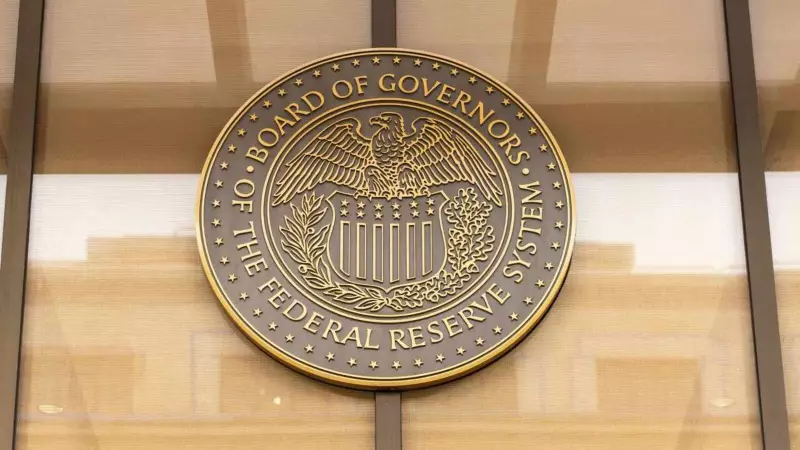
The financial world is abuzz with speculation as Jerome Powell's tenure as Federal Reserve Chair approaches a critical juncture. With one of the most influential economic roles globally potentially up for grabs, investment strategist Scott Bessent has identified five leading candidates who could steer America's monetary policy in the coming years.
The Powell Legacy and What's at Stake
Jerome Powell's leadership has navigated the US economy through unprecedented challenges, from pandemic recovery to historic inflation battles. As his term draws closer to its conclusion, the question of succession becomes increasingly pressing for markets and policymakers alike.
Scott Bessent's Top Five Contenders
According to Bessent, former George Soros protégé and seasoned investment expert, these five individuals represent the most likely candidates to take the Fed's helm:
- Lael Brainard - Currently serving as Director of the National Economic Council, her extensive Fed experience and Democratic credentials make her a formidable contender.
- Roger Ferguson - The former Fed Vice Chair brings decades of central banking experience and crisis management expertise.
- Glenn Hubbard - Columbia Business School Dean and former Bush administration economist represents the academic wing of potential candidates.
- Janet Yellen - Could the former Fed Chair and Treasury Secretary make an unprecedented return to the position?
- A Surprise Candidate - Bessent suggests an unexpected choice could emerge, reflecting the political calculations of the administration.
Why This Decision Matters for Global Markets
The Federal Reserve Chair influences not just American interest rates but global capital flows, currency values, and economic stability worldwide. The successor's approach to inflation fighting, regulatory stance, and communication style will shape market dynamics for years to come.
Political Considerations in the Selection Process
With presidential elections looming, the timing of this decision becomes politically charged. The administration must balance economic expertise with political alignment, ensuring their chosen candidate can navigate both economic headwinds and political crosscurrents.
As Scott Bessent's analysis suggests, the race for Fed leadership is wide open, with each candidate bringing distinct philosophies and approaches to the table. The ultimate decision will signal the administration's economic priorities and shape monetary policy for the next critical phase of America's economic journey.





